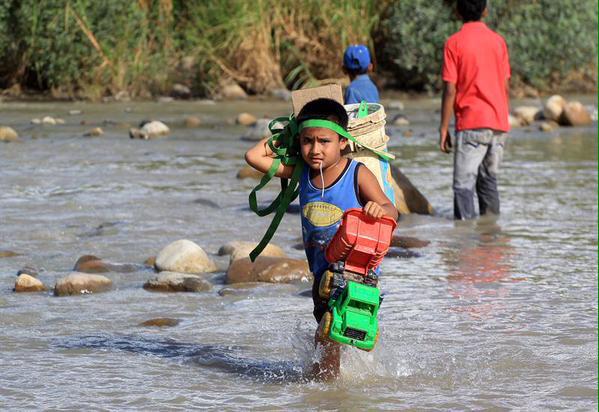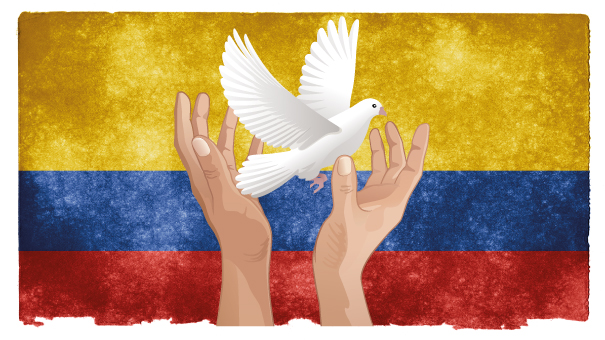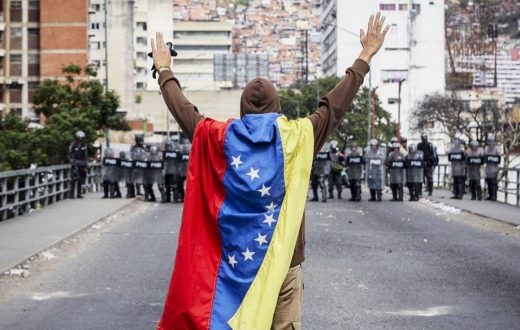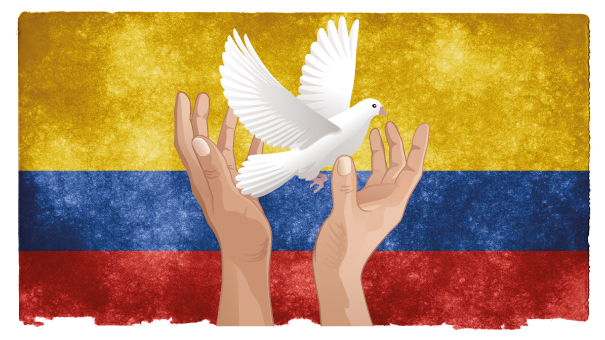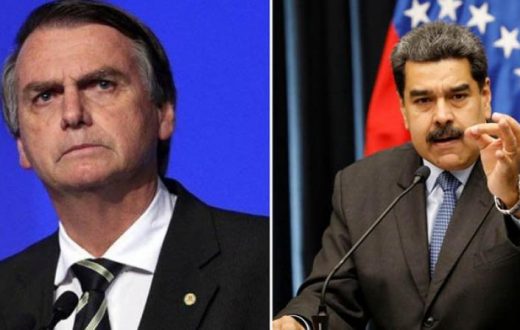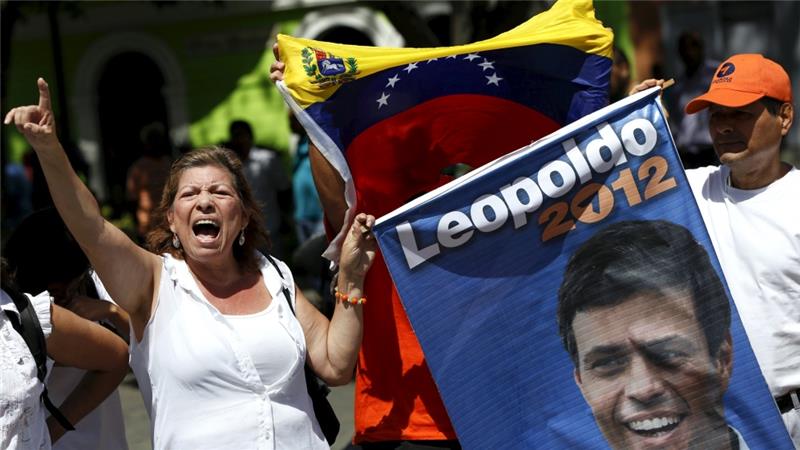As elections came closer, Venezuelan President Nicolas Maduro ordered a 72-hour closure of his nation’s border with Colombia after three Venezuelan soldiers were shot and injured in a mysterious skirmich . This was followed by a massive deportation of illegal Colombian citizens. 1,000 Colombians living in Táchira State (North-West of Venezuela) were rounded up and deported. At the same time, 6,000 more left on their own will, tearing families apart and resulting in a Humanitarian crisis that several NGOs have deplored.
Maduro has imitated Chavez principle of blaming the country’s problems on external enemies. This time, Venezuelan problems are not being blamed on the always evil Empire of the United States, but in neighbor Colombia. Maduro took this opportunity to blame the country’s economic crisis on the Colombian government and the illegal Colombians living in Venezuelan land by saying they were sabotaging the economy, also accusing them of paramilitary actions, smuggling subsidized products and even plotting to kill him.
The Venezuelan crisis, which has originated from diverse causes such as a drop in oil prices and its currency control policy, has given birth to the so called Bachaquero phenomenon. The “bachaqueros” are individuals who take advantage of the crisis by buying the products that scarce (usually subsidized) as soon as they become available, and then sell them at a higher cost. However, the products scarce not only in the border states, but Nationwide.
The supposed purpose of closing and controlling the border is to give an end to the smuggling of gasoline, food, medicine and other products that are subsidized in Venezuela and then smuggled to Colombia where they are sold at a higher price.
Will this measure save Maduro in the upcoming elections?
Maduro’s popularity is so low that he had nothing to lose by taking these actions. Fostered in ignorance and xenophobia, this measure can slightly help him in the upcoming parliamentary elections of December. Yet, many would bet that in fully fair elections there would be no chance for the Chavismo to win. However, not only the government is suspected to be under control of the electoral system, but it is undoubtedly in control of the judicial system. Back in 2009, Hugo Chavez proved that there was no such thing as a separation of State and Court, when he publicly condemned Judge Maria Afiuni for giving conditional release to a Banker charged of corruption, suggesting she should be jailed for 30 years.
The government has jailed or politically disabled almost every opposition candidate with any chance of winning elections. Leopoldo Lopez, one the most charismatic opposition leaders was detained in 2014 and recently sentenced to 13 years in jail in a very obscure trial. He is accused of “Public instigation and violent speech” amongst other crimes, for calling to a massive wave of civic protest against the crisis and corruption in the country.
The effectiveness of the decision of deporting Colombians, nevertheless, can only be studied within the next few months with an improbable improvement of the Venezuelan economy. Its results in the elections, per contra, are hard to predict when the whole system seems so rigged and nontransparent. What we do currently know are the reasons why the two sides of citizens will move to the voting rooms. The opposition side, frustrated with the reign of crime, impunity and misery, and the government supporters, fueled by what is left of their loyalty to the deceased Hugo Chavez and whatever happiness this xenophobic measure may have brought to them.

